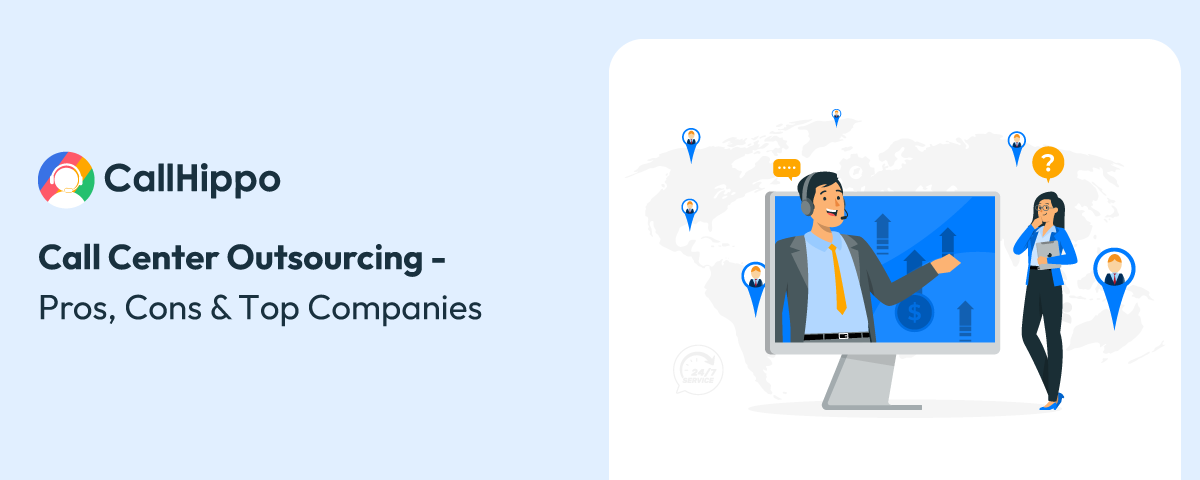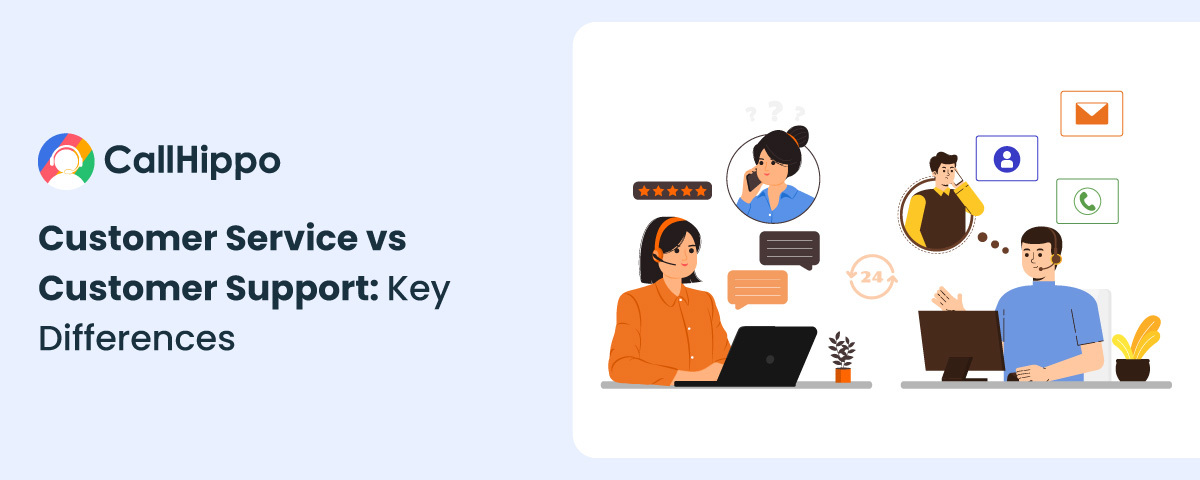In every customer phone conversation, there's a moment where your business can...


In every customer phone conversation, there's a moment where your business can...

In customer service, every interaction matters. When a caller disconnects...

Missed customer calls can lead to lost revenue and a weaker brand reputation....

The contact center industry is advancing rapidly due to technological changes...

Businesses always look for ways to increase productivity and focus on their...

In today’s fast-changing business environment, exceptional customer...

Call centers are integral to modern businesses, facilitating customer...

There is often confusion between customer service vs. customer support....

One perpetual ambition of call centers is to increase their revenues and...

Modern businesses and their customers are far different than what they were a...





